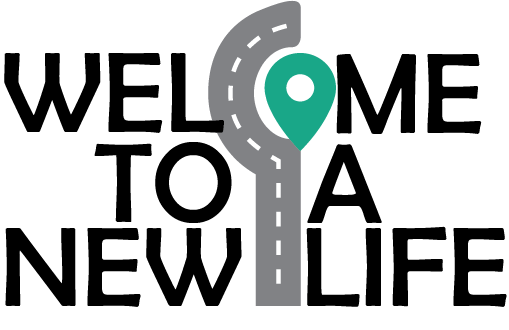Mentorship and Peer Support for Substance Abuse
Welcome to a New Life is a nonprofit organization focused on creating mentor and mentee relationships with individuals suffering from substance abuse, to offer a road to hope.
In 2012, the leading causes of preventable death, according to the Center of Disease Control (CDC) were, alcohol and tobacco. Additionally, illicit substances are heavily contributing to the opioid epidemic and rapid increases in overdoses across the country. Studies done by the Center for Behavioral Health Statistics and Quality (CBHSQ) in 2014, and Substance Abuse and Mental Health Services Administration (SAMHSA) in 2019, presented data that astounded many: approximately 10% of the more than 20 million Americans with substance disorders are receiving treatment. For those that have the desire and ability to take part in recovery, a nonclinical treatment that is available,often referred to as “Mentorship for Addiction Problems” or MAP. Welcome to a New Life provides a level of peer support that is relative to MAP, but also offers resources to mentors and mentees throughout the recovery process. A study on the efficacy of mentorship relationships from 2020 presented results with substance use declining in all recovery participants. J Stud Alcohol Drugs concluded that MAP shows evidence of supporting reduction of substance usage if the participant begins forming a relationship with a mentor earlier in their treatment. Statistically, there is a higher risk for relapse earlier in treatment, but a statement from American Addiction Centers explains: “addiction is a chronic condition, so for some, relapse, or a return to drug and alcohol use, is part of the process.”
At Welcome to a New Life, every step during recovery is recognized as we all have the same goal: to provide mentorship and resources to adults who are involved in the Hancock County criminal justice system, helping them live crime-free, drug-free, productive lives. Statistics present the conclusion that Mentorship for Addiction Problems can reduce substance usage when implemented earlier within the recovery process.
Sources used:
Alcohol and Drug Abuse Statistics (Facts About Addiction) (americanaddictioncenters.org)
